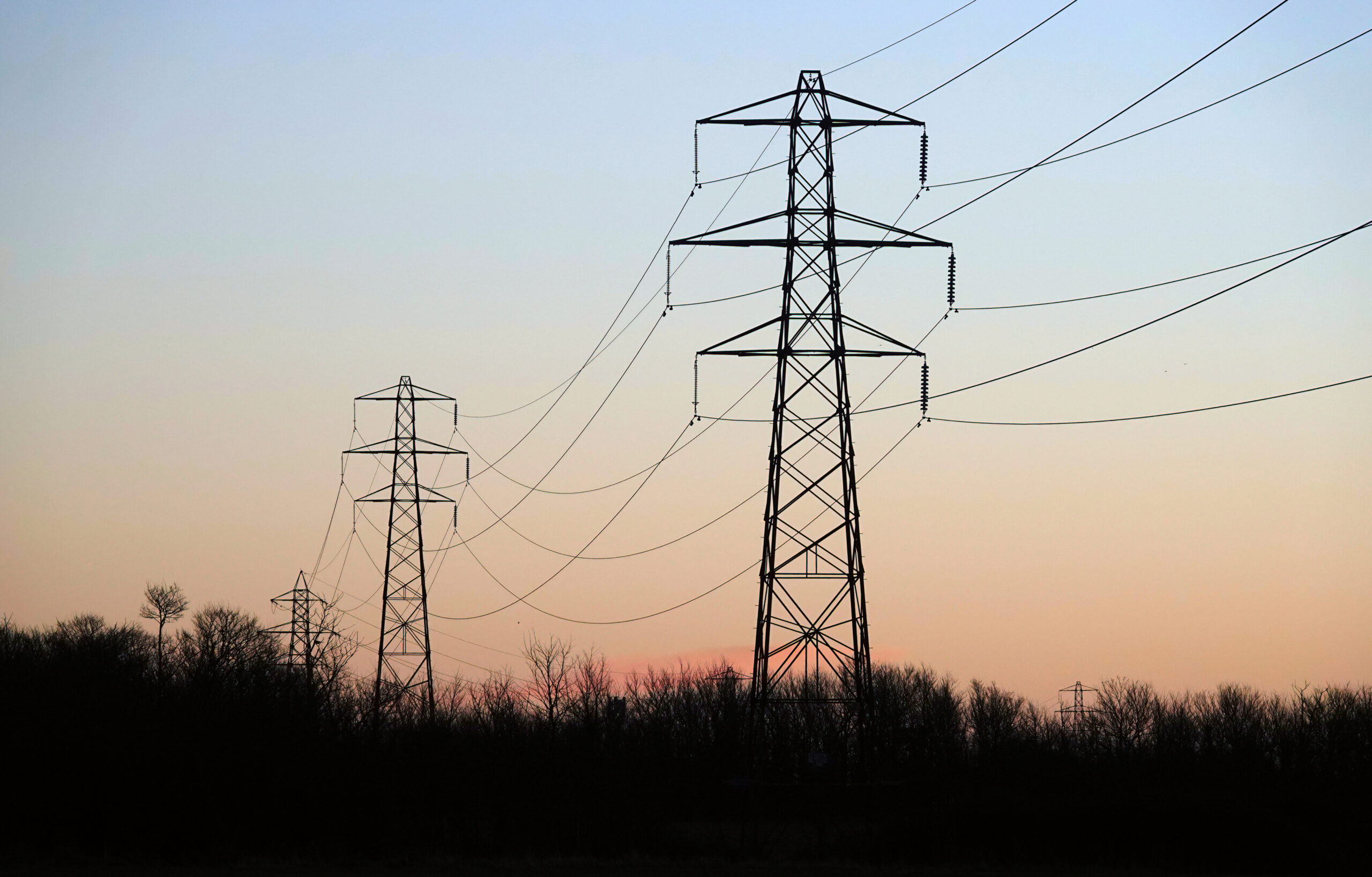New energy regulations set to open Kenya’s electricity market to competition and investment.

One of the biggest problems the electricity market has faced in Kenya has been the monopoly over the transmission and distribution of electricity in the country by two state agencies. Transmission and operation of the transmission infrastructure are done by the Kenya Electricity Transmission Company Limited (KETRACO), while Kenya Power distributes it to consumers. Independent Power Producers (IPPs) were keen to not only generate electricity but also to have access to the other aspects of electricity delivery to the consumer. The new Energy (Electricity Market, Bulk Supply and Open Access) Regulations, 2024, were developed in response to this desire by IPPs, which will now be involved in the whole value chain from generation, importation, exportation, transmission, and distribution to the retail of electric energy, opening the market to players other than the government.
The move is important because, in addition to bringing in the element of competition which enhances service delivery, it will also attract more investors, especially to other aspects of the electricity grid which, as stated, were previously the purview of parastatals.
The Kenyan grid has seen problems both on the demand and supply side, subjecting the country to nationwide blackouts, which can last for over seven hours, affecting critical national infrastructure such as airports. Another problem with the market has been contracts with IPPs which have been wildly divergent for different players.
The new regulations allow for the creation of both a wholesale and retail market. Like in any other market, the wholesale market will consist of generation licensees who, guided by the regulator, will sell to retailers through an intermediary operator. The retailers will deal directly with consumers. Consumers will only be able to buy from one retailer at any given time, as retail licenses will be given to serve a particular area or certain premises.
Opening up the market allows for transparency in pricing through standardised contracts for various industry players. Something which did not happen before when Kenya Power had sole discretion in the distribution matters. Companies such as Unilever and Devki have applied for licenses to generate, transmit, and distribute electricity and this open access paves the way for these and further developments.
New tariffs will also even the playing field and contribute to the objective of open and fair access. They are as follows; Generation tariff, Retail tariff, Network service charges, Wheeling charges, Use of system charges, and ancillary service charges. The Energy Petroleum and Regulatory Authority will now determine the wheeling and use of system charges. In addition, metering provisions in the regulations now allow consumers who have other ways of generating power but also use a retailer’s power to also offload excess power to the grid.
What implications do these regulations have? First and foremost, Kenya Power and Ketraco will not serve as the intermediary operator. In addition, Kenya Power’s and Ketraco’s monopoly over distribution and transmission has been dealt with effectively allowing other players to access the infrastructure in place or develop their own.
We are likely to see lower tariffs in the long run leading to cheaper electricity overall. Retailers can also concentrate on geographical areas where electricity has not been easy to access such as rural areas. It also means that manufacturers can now look into cheaper alternatives to electricity generation and lower their electricity costs and, thereby their production costs. The regulations will also pave the way for the generation of power from new sources of power hitherto not used in the country. The country will also cease to have unfavourable contracts with IPPs due to standardisation and transparency. A stakeholder meeting held early this week with stakeholders went well with many IPPs in favour. The regulations will come into effect 6 months from the date of gazettement. It is an exciting time for the industry.

